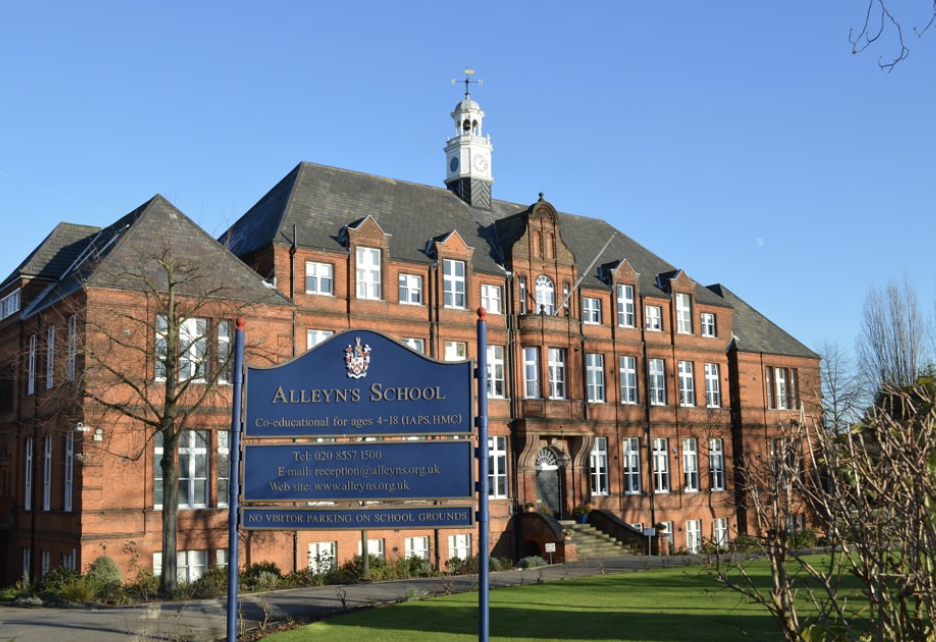
In September 2020, reports emerged of a group of university students planning a competition to have sex with the “poorest girl on campus”. This so-called game is reflective of the ongoing mocking and elitist rhetoric surrounding class within the UK education system. Upper class privilege opens doors that those from lower class backgrounds simply cannot access, and classism is pervasive from the moment children enter education, all the way through to their adult professional lives.
Many undergraduate students are employed alongside their studies. This requirement to fund one’s university life naturally affects those with the least money – often working class individuals – long before it affects those that are better off. Not only does this give those from a more privileged background extra time for studying as well as increased rest-time, but it gives them the freedom to participate in internships and other CV-enhancing activities that hugely increase their employment prospects post-university.
YouGov reports that factors such as: parents’ income, whether one is privately or state-educated, the social activities one participates in and the location where you grew up all contribute to the assignment of class and the classist culture deeply embedded within UK society. For instance, some students recall feeling isolated for not having any skiiing experience; they also describe enduring mockery for their regional accents. Such minute aspects of a person’s life are assumed to be indicative of their intellect and success, and this is significantly fostered within the education system. Private schools facilitate a “wilful ignorance” and an echo chamber that allows students to turn a blind eye to the inequality rife within the rest of society.
This plays out even on high-profile stages. The BBC received backlash for Claire Balding’s apparent shock that swimmer Rebecca Adlington, who was born into a working class family, had never had an Olympian visit her childhood school. Such ignorance demonstrates how things that are extraordinary or rare in general society are seen as the norm within the private-education bubble.
As well as creating such a pervasive cultural dichotomy within UK society, upper class privilege provides a vast array of opportunities. The networking and connectivity of private education cannot be competed with by state institutions, giving those from upper class backgrounds contacts that people educated by the state do not have.
Russell Group universities, known for their prestigious research, have a working-class undergraduate enrolment of just 20%. While this is improving, there is still progress to be made. Furthermore, 65% of FTSE 350 CEOs, 59% of permanent secretaries, and 52% of diplomats are privately educated. This contrasts with the meagre 7% of the UK population who attend private schools. It will be difficult to find more damning evidence of the opportunities and connections that upper-class backgrounds, and private education specifically, provide.
Social class is often sidelined in conversations about diversity and inclusion, despite efforts to account for low-participation and economically deprived neighbourhoods as well as to provide extra support and funding to increase access to university. That said, throwing bursaries and contextual grade offers at prospective students is not enough. Crucially, these do not aid the isolation that working class students feel once they arrive at universities, particularly Russell Groups, where there is a large culture of privately educated individuals. Nor do they disrupt the culture itself. Elitist classism perpetuated throughout education is deep-rooted. It is embedded in the daily routines, language and perspectives of people. For example, the term “chav” is commonly thrown around as an insult and even used as a theme for university society socials. This insinuates a degradation and mockery of those who come from more deprived backgrounds; such entrenched perceptions cannot be changed from extra funding alone.
Initiatives to create unity for those from more working-class backgrounds, such as the 93% Club, are foundational to addressing the cultural dislocation students often feel when they arrive at university. Some have even called for the abolishment of private education altogether, stating that it perpetuates the “fallacy” of meritocracy and deepens social segregation, creating disparate levels of cultural capital.
The opportunities that arise for upper-class, privately educated people, and the opposing culture of isolation and mockery that working-class people often face in education, cannot continue undisrupted. It is unjust to systematically provide certain students with more freedoms, contacts and opportunities simply due to income. As a country, we must do more to promote reward based on merit, rather than connection. It is imperative that everyone gets an equal chance to find professional success, and this begins with intervening in the dominant elitist culture that has made the upper classes less favourable with the general public.
Edited by Tabitha John
Image: Alleyn’s School, Matt Brown, 2014 // CC BY 2.0



Average Rating